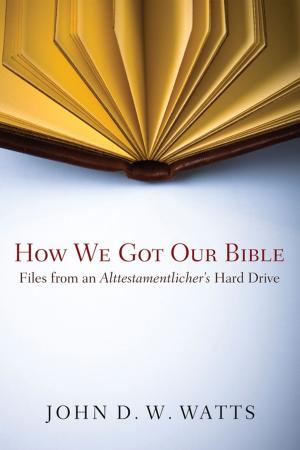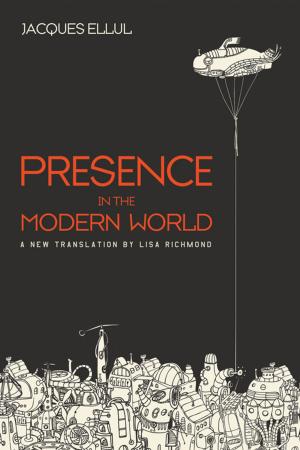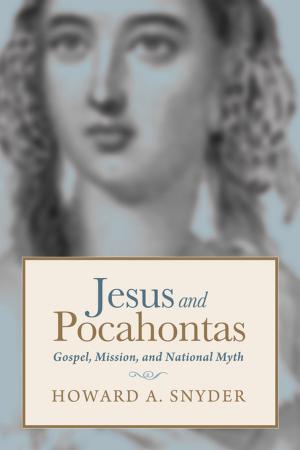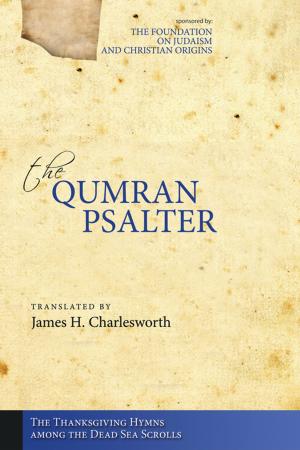| Author: | Michael J. Gilmour | ISBN: | 9781630871994 |
| Publisher: | Wipf and Stock Publishers | Publication: | June 20, 2014 |
| Imprint: | Cascade Books | Language: | English |
| Author: | Michael J. Gilmour |
| ISBN: | 9781630871994 |
| Publisher: | Wipf and Stock Publishers |
| Publication: | June 20, 2014 |
| Imprint: | Cascade Books |
| Language: | English |
The Bible teems with nonhuman life, from its opening pages with God's creation of animals on the same day and out of the same earth as humans to its closing apocalyptic scenes of horses riding out of the sky. Animals are Adam's companions, Noah's shipmates, and Elijah's saviors. They are at the center of ancient Israel's religious life as sacrifices and yet, as Job discovers, beyond human dominion. It is an animal that saves Balaam from certain death by an angel's hand, and an animal that carries Jesus into Jerusalem. The Creator declares all of them good at the beginning, and since the Apostle Paul writes of God's eternal purposes for all things on earth, they are somehow part of a hoped-for eschatological restoration. So why are animals so often ignored in Christian moral discourse? In its theological thinking and faith-motivated praxis, human-centeredness typically results in the complete erasure of the nonhuman. This book argues that this exclusion of animals is problematic for those who see the Bible as authoritative for the religious life. Instead, biblical literature bears witness to a more inclusive understanding of moral duty and faith-motivated largesse that extends also to Eden's other residents.
The Bible teems with nonhuman life, from its opening pages with God's creation of animals on the same day and out of the same earth as humans to its closing apocalyptic scenes of horses riding out of the sky. Animals are Adam's companions, Noah's shipmates, and Elijah's saviors. They are at the center of ancient Israel's religious life as sacrifices and yet, as Job discovers, beyond human dominion. It is an animal that saves Balaam from certain death by an angel's hand, and an animal that carries Jesus into Jerusalem. The Creator declares all of them good at the beginning, and since the Apostle Paul writes of God's eternal purposes for all things on earth, they are somehow part of a hoped-for eschatological restoration. So why are animals so often ignored in Christian moral discourse? In its theological thinking and faith-motivated praxis, human-centeredness typically results in the complete erasure of the nonhuman. This book argues that this exclusion of animals is problematic for those who see the Bible as authoritative for the religious life. Instead, biblical literature bears witness to a more inclusive understanding of moral duty and faith-motivated largesse that extends also to Eden's other residents.















